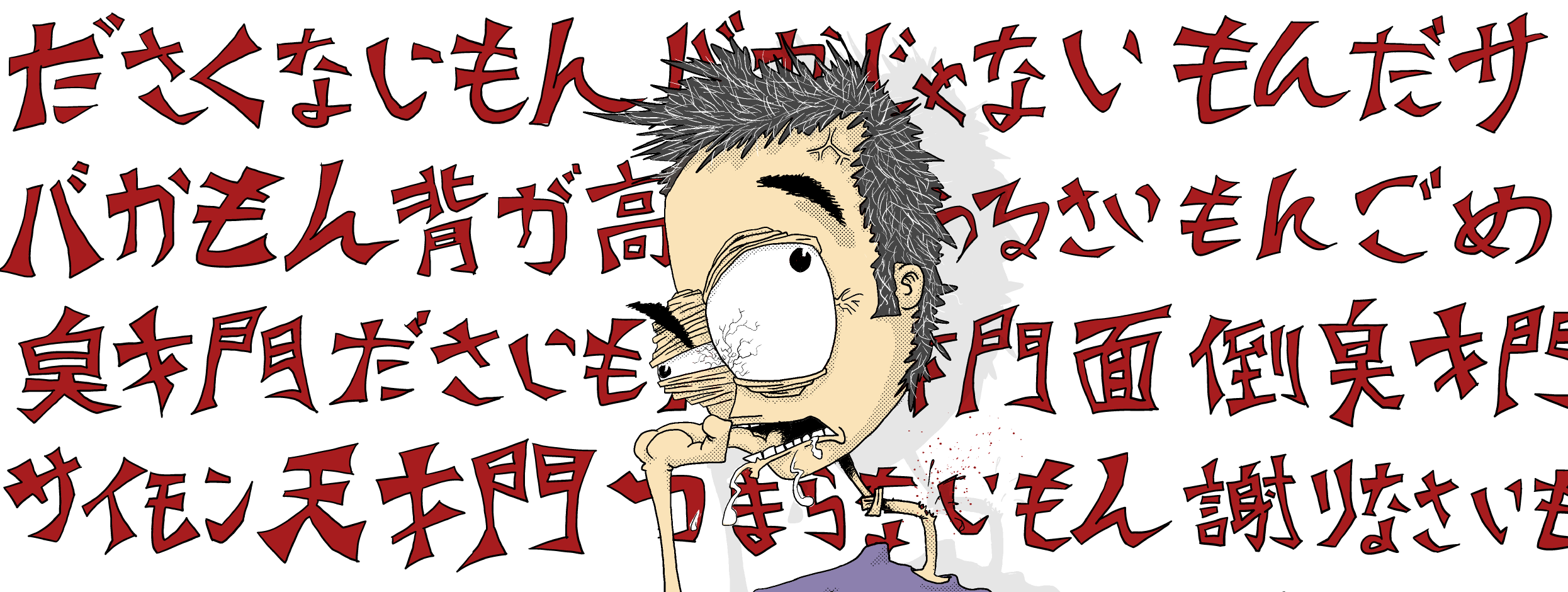Episodes
Monday Oct 04, 2021
Monday Oct 04, 2021
建設してインフラを作る必要があるけど、建設は環境問題の解決方法ではない。現在では、ほとんどのインフラは環境を優先にしているわけはなくて、利益(特に、建設業の)は優先されている。
(下にスクロールすると英語のセリフありますよ↓↓↓)
今日の記事のLink:
https://www.monbiot.com/2021/09/06/ground-rules/
Blog投稿:
単語Links:
https://www.xe.com/ja/currencyconverter/convert/?Amount=3000000000&From=GBP&To=JPY
https://ejje.weblio.jp/content/splurge
https://ejje.weblio.jp/content/resilient
https://ja.wikipedia.org/wiki/%E4%B8%80%E5%B8%AF%E4%B8%80%E8%B7%AF
https://ejje.weblio.jp/content/prosperity
https://ejje.weblio.jp/content/harmony
https://ejje.weblio.jp/content/Public+transport
https://ejje.weblio.jp/content/indigenous+people
Me:
Site: http://www.tensaimon.com
SNS: tensaimon (Instagram: https://www.instagram.com/kusaimon/)
Credits:
Music by Kajiki
Sounds: https://freesound.org/people/tensaimon/bookmarks/
English Script (記事からの引用、まとめ):
Dig for victory: this, repurposed from the Second World War, could be the slogan of our times. All over the world, governments are using the pandemic and the environmental crisis to justify a new splurge of infrastructure spending.
In the US, Joe Biden’s Bipartisan Infrastructure Framework “will make our economy more sustainable, resilient, and just.”
In the UK, Boris Johnson’s Build Back Better programme will “unite and level up the country”, under the banner of “green growth”.
China’s Belt and Road project will bring the world together in hyper-connected harmony and prosperity.
Sure, we need some new infrastructure. If people are to drive less, we need new public transport links and safe cycling routes. We need better water treatment plants and recycling centres, new wind and solar plants, and the powerlines required to connect them to the grid
But we can no more build our way out of the environmental crisis than we can consume our way out of it.
Rule 1 is that the primary purpose of new infrastructure is to enrich the people who commission or build it.
Much of the time, schemes are created and driven not by a well-intentioned public authority, but by the demands of industry.
Their main purpose – making money – is fulfilled before anyone uses them
Rule 2 is that there’s an inherent bias towards selecting projects with the worst possible value for money
Decisions are routinely based on misinformation and “delusional optimism”. HS2 - somewhere between £72bn and £110bn
By contrast, for £3bn (30億ポンド、約4,500億円) a year, all bus tickets in the UK could be issued without charge, a policy that would take more cars off the road and reduce emissions much faster than this gigantic white elephant.
Rule 3 is that the environmental benefits of new schemes are routinely overstated, while the costs are underplayed.
the massive footprint of concrete, creates new demand.new infrastructure and the deforestation it causes is highly “spatially contagious”
Rule 4 is that in countries with high biodiversity, infrastructure is the major driver of habitat destruction.
There is an almost perfect relationship between the proximity to a road and a number of forest fires. Roads, above all other factors, are tearing apart the forests of the Amazon, the Congo Basin and Southeast Asia.
Rule 5 is that massive infrastructure schemes disproportionately affect territories belonging to indigenous people: for centuries their land has been treated as other people’s frontier
Rule 6 is that greener infrastructure will produce a greener outcome only if it’s accompanied by the deliberate retirement of existing infrastructure - the key issue is not the new things we do, but the old things we stop doing...but the UK government ...has no plans to retire any road or runway. very major airport in the UK has plans for expansion.
Rule 7 is that rich nations tend to be oversupplied with some types of infrastructure. One of the simplest, cheapest and most effective green policies is to set aside existing motorway lanes for buses, to create a fast, efficient intercity service. But where’s the money for construction companies in that?
Rule 8 is that environmental change cannot be delivered only by infrastructure. To be effective, it needs to be accompanied by social change: travelling less as well as travelling better
But while governments and construction companies are happy to give us more of everything, the one thing we cannot have is less.
The overarching rule is this: if you want a greener world, resist the rising tide of concrete.
Hey Simon what do you think?
I think we have the same problem here in Japan and Okinawa – they’re building stuff everywhere. And often they lie – the Onna bypass says it will reduce CO2, but surely having a free bus service would be far more effective at this….
Hey Listeners what do you think?
Do you think we need more infrastructure? Do you think the environment is being prioritised, or profit for construction companies?

No comments yet. Be the first to say something!